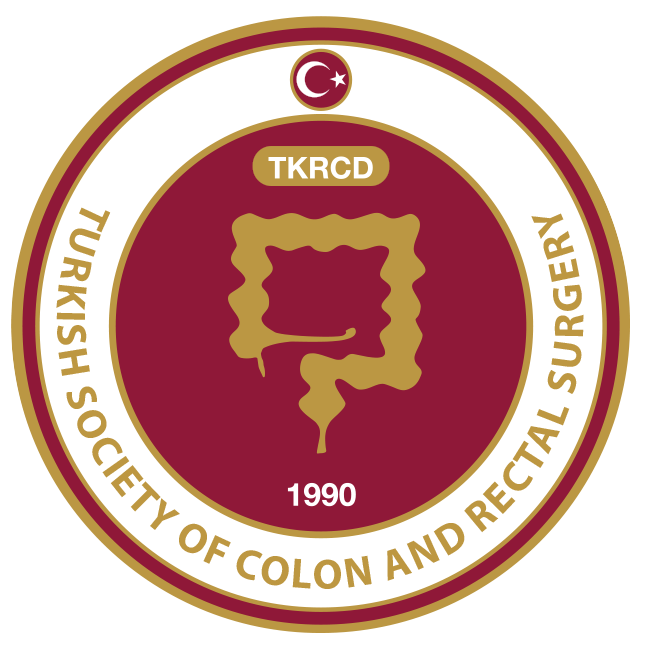ABSTRACT
OBJECTIVE:
Acute mesenteric ischemia (AMI) is a condition with high mortality rate. The aim of this study was to investigate the results of surgical therapy and factors related to high mortality rate.
METHODS:
A retrospective analysis of 196 patients who were operated for AMI between June 2001 and December 2008 was performed
RESULTS:
Mean patient’s age was 65 ± 12.4 (32–89). The most common presenting symptoms were abdominal pain (% 100) and nausea-vomiting (% 66). Admission time was in more than 24 hours after the onset of symptoms in % 76 of patients. Patients usually had at least one comorbid disease. Hypertension (% 40), ischemic heart disease (% 31) and atrial fibrillation (% 30) were the most commons. Physical examination findings were tenderness (% 81), guarding (% 60), rebound tenderness (% 30) and decreased bowel sounds (% 70). Remarkable white blood cell count (> 20000/mm3) was measured in 88 patients (% 45). The etiology was arterial thromboembolism in 178 patients (% 91), mesenteric venous thrombosis in 12 patients (% 12) and nonocclusive ischemia in 6 patients (% 6). During the surgical exploration a total bowel necrosis were seen in 78 patients (% 40). Massive and partial bowel resection were performed in 60 (% 30) and in 58 patients (% 29.5) respectively. Second look operations were done in %21 of patients. Overall mortality rate was % 81. Age, gender, admission time to hospital and comorbid disease were found to related to mortality.
CONCLUSION:
Late admission of patients, multiple comorbid diseases and late diagnosis due to absent of typical symptoms are responsible for high mortality rate in AMI.



